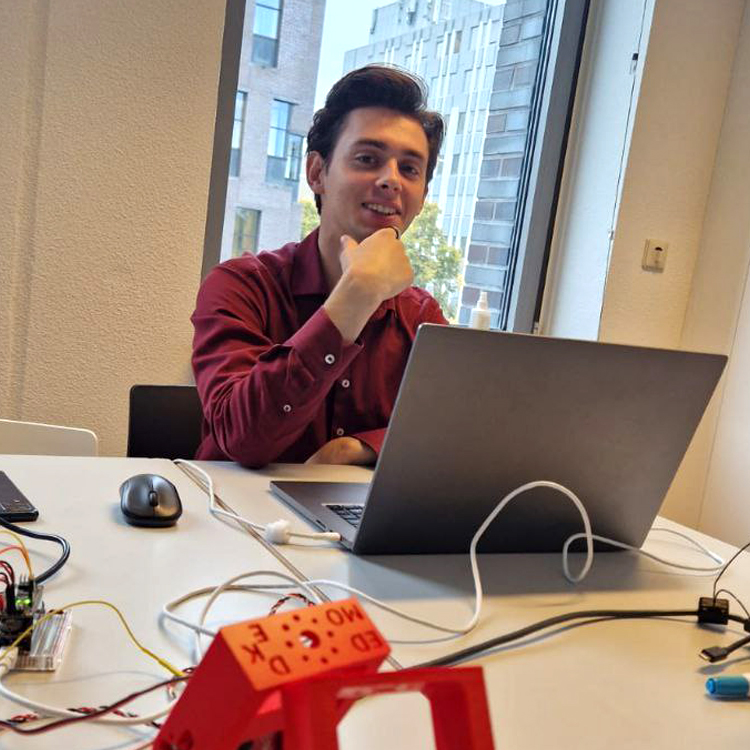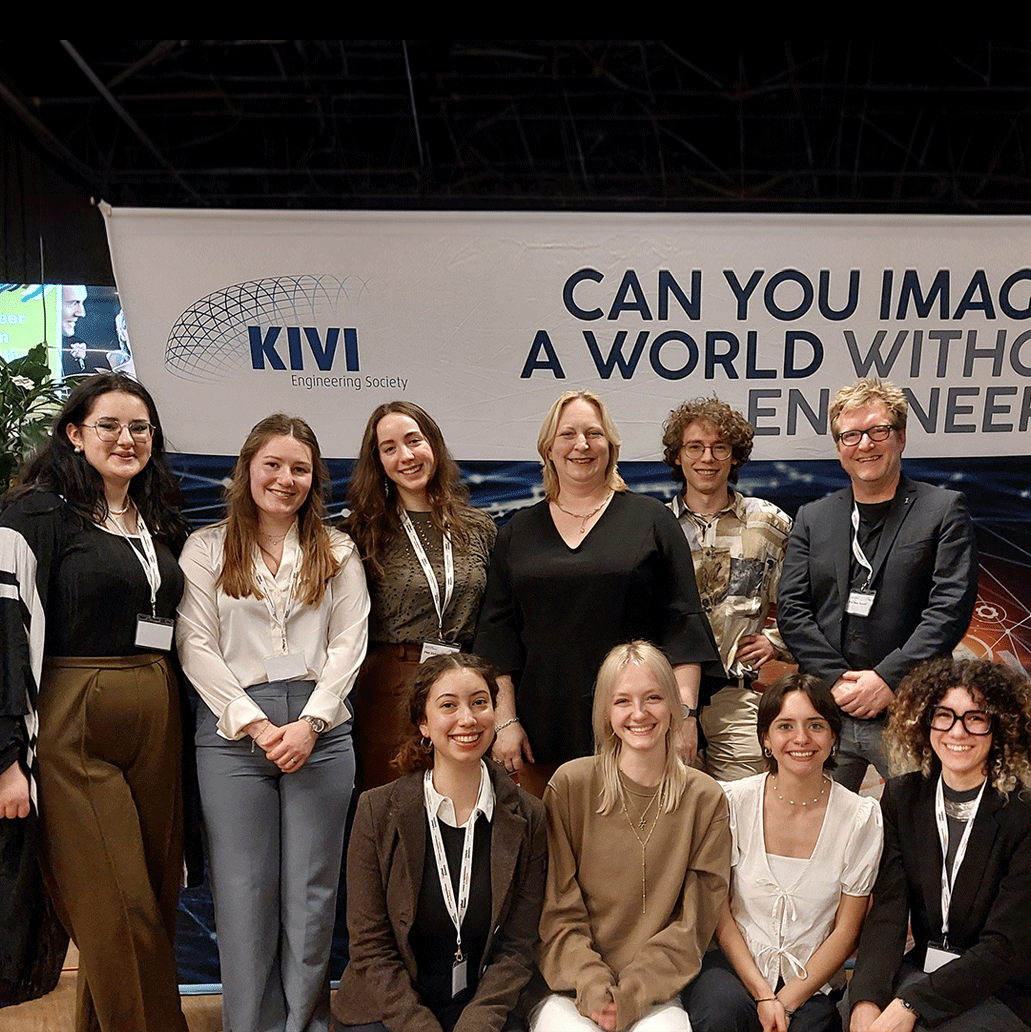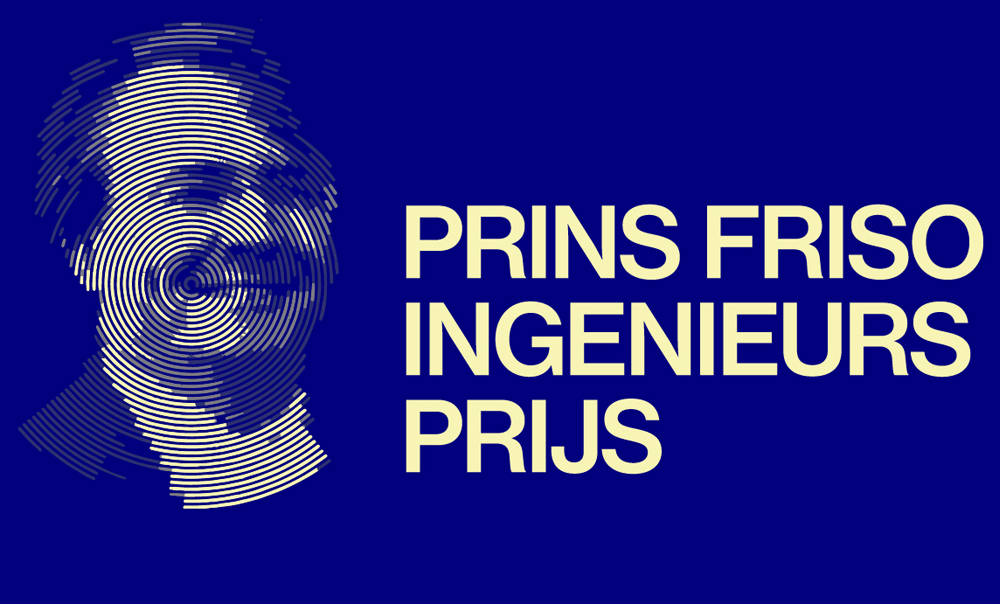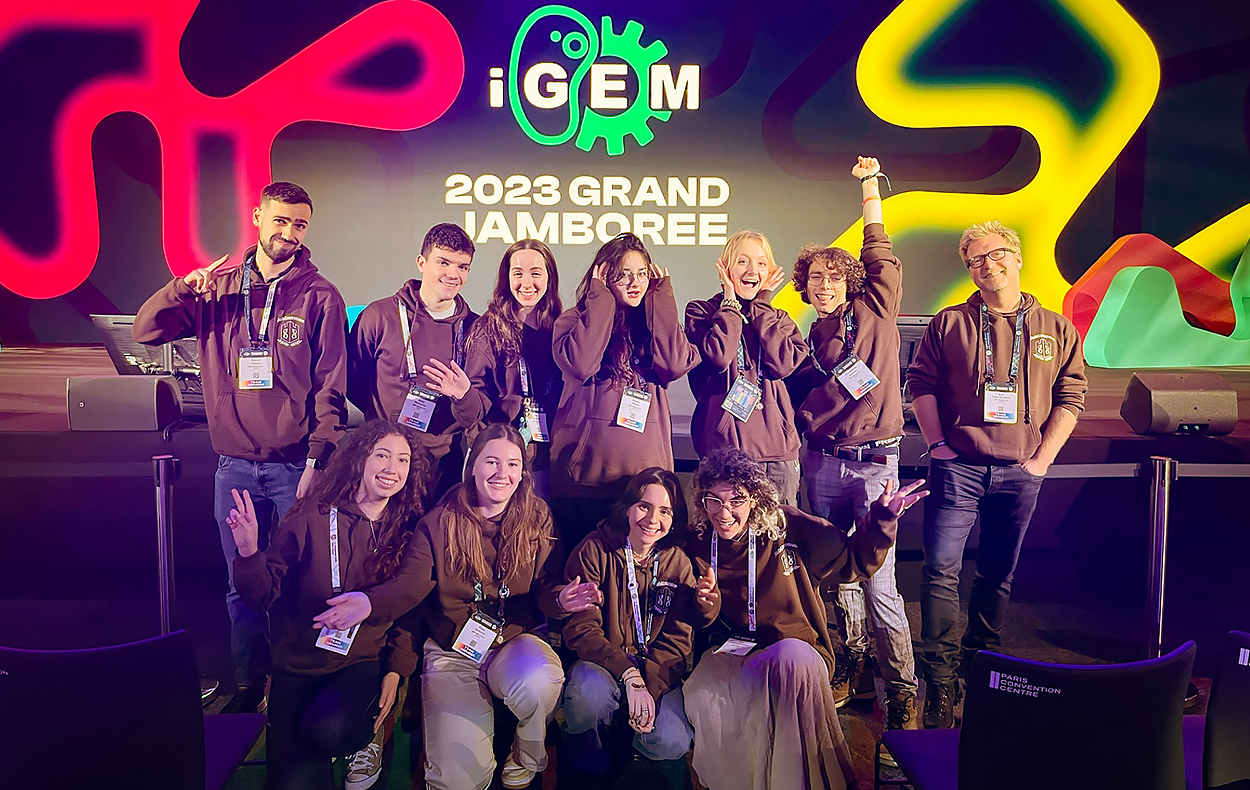From Ukraine to the international classroom
My name is Nikola, I am a student from Kiev, Ukraine studying Data Science and Artificial Intelligence at UM. Although it is my 3rd year in the programme, it is going to be my 4th year of living in the Netherlands since approximately 4 years ago I started the Foundation Programme here - which marked the beginning of my exciting international student career in Maastricht.
Looking back on these 4 years I have come to fully appreciate studying in the international UM community where I have met aspiring individuals from all around the world: as far as Venezuela all the way to Australia. Studying and working on projects side by side with people from different cultural backgrounds has undoubtedly broadened my horizons. Exchanging skills and ideas in an international classroom setting with each other is extremely helpful to build realistic understanding of the field in which we as students are eventually going to work, and to create an adequate and balanced view on the society and the world we are living in.
I believe the additional experience gained in such international classroom could be of an extreme value when returning to your home country or when participating in a diverse workplace. Stepping outside the box can bring a newly fomented multi-cultural outlook on certain social issues for any student and ultimately have a positive added value in their working capacity in any environment.

Nikola Prianikov, 3rd year bachelor's student in Data Science and Artificial Intelligence
Integrating into a new culture
I have heard that when it comes to integration to a new society, things often go smooth for the majority. However, there can be two extreme cases of adapting to a new environment about which I heard of and even experienced one of them myself when first arriving to the Netherlands. In the first case, students strongly stick to their native cultural identity and trying to only keep in touch with old friends as much as possible. They are not very interested in making new connections and simply avoiding to “settle down”. Luckily, students overcome such issues typically, after a year or so, which I believe, often, starts with stepping outside of the comfort zone. For some people this can mean simply to start engaging into more small talk, while for others to join sports and societies, which in any case increases chances of meeting interesting people.
The second extreme of adaptation is often referred to as a complete assimilation. In this case person is fully engaged with a new society and its trends and does not maintain past habits of their native culture. For me it was the former, which was mainly because of my introverted personality and the fact that first 2 educational years were filled with COVID-19 regulations. Of course, just as everyone I got somewhat adapted to the necessities of Dutch life. However, the true “settle down” moment happened at the end of February this year. When the war broke out in my home country of Ukraine, I realized that this place – this friendly city in the south of Netherlands is quite possibly my new home now for the extended future.
I continued to be in awe of the opportunities at UM to pursue my passions.
After the war began
Due to the difficult situation in my country, I am in the position to reflect on how valuable it is for international students, especially ones from outside the European Union, to have opportunity to study in an international classroom such as Maastricht University. An opportunity to be in such an “alternative reality” is an extremely valuable virtue. In particular, here, 2000 km from Kiev I can fully experience a normal life without weekly shelling, blackouts and curfew, which unfortunately became a strong part of many friends and family’s life for the last 8 months. This example can be generalized for a lot of developing economies where young and passionate individuals with bright ideas and hopes for the future cannot live their life to the extent they want to only because of a currently difficult (or rather unbearable) local situation.
My time at UM
Universities such as, UM can provide a valuable chance for non-EU students who could possibly perform very well but lack opportunities in their home country to open up their potential. Here it is mainly possible due to the Foundation Programme. The Foundation Programme not only helps to meet a diploma requirement for students from outside the EU but also gives time to culturally adapt in a relaxed educational environment before the main busy bachelor’s coursework begins.
After the Foundation Programme, I continued to be in awe of the opportunities at UM to pursue my passions. Of particular importance in my UM journey, are the Honours programmes offered to the bachelor students. I have participated in the Honours program in my department by participating In MaRBLe – a one-year project with focus on research experience aspects. I never thought I would participate in something like this partially because in my home country being a researcher is not seen as an inspiring nor a secure career prospect. Working with international staff and students in a rigorous setting helped me to shift my perspectives on research.
Finally, I would like to once again express my appreciation for the time of studying here and all the educational and cultural experience I received so far. I also hope that universities in the Netherlands and especially the UM will continue to provide safe environment for the international students where everyone can expand and develop their mindsets with the help of international classroom experience.

Also read
-
Kim Ragaert and SublimeStone students won the public's awards given out during the Engineer of the Year contest. This triumph as well as the nomination of both, by the Royal Netherlands Society of Engineers, demonstrates that Maastricht University, particularly its only five-year-old Faculty of...
-
The Royal Netherlands Society of Engineers has nominated engineer Kim Ragaert and student team SublimeStone for the award of best Dutch engineer and best Dutch student team in 2024. Both are among the last three finalists in their respective categories. Do you want the best engineers to win? Now is...
-
How do you fix a crack in limestone, such as mergel? Well, simply ask some bacteria to do it for you. In short, this is the goal 11 students from Maastricht University set themselves to do. They succeeded and ended up in the TOP10 best undergraduate projects competing in the iGEM competition. For...



